Thailand's Songkran - The World's Largest Water Fight
Thailand's Songkran festival, known as the world's largest water fight, is a vibrant and exhilarating celebration that draws visitors from all corners of the globe. The festival's origins can be traced back to traditional Thai New Year festivities, deeply intertwined with Buddhist customs and beliefs. Songkran symbolizes purification and renewal, making it a significant event in Thai culture.
During Songkran, various rituals and customs are observed, such as the pouring of water over Buddha statues as a sign of respect and cleansing. Additionally, merit-making activities are common, where individuals engage in charitable acts to accumulate good karma. One of the most iconic aspects of Songkran is the playful splashing of water on others, symbolizing the washing away of misfortunes and welcoming a fresh start.
As the festival has evolved over time, modern-day Songkran celebrations have transformed into massive water fights that engulf the streets of Thailand. Locals and tourists alike join in the fun, armed with water guns and buckets, engaging in friendly battles that create a joyous and festive atmosphere throughout the country.
While the core essence of Songkran remains consistent, different regions in Thailand have unique ways of celebrating the festival. Some areas place a strong emphasis on cultural performances and religious ceremonies, blending tradition with contemporary festivities. This regional diversity adds depth and richness to the overall experience of Songkran.
The international appeal of Songkran continues to grow, attracting a diverse array of visitors who are eager to partake in the lively celebrations and water fights. Tourists flock to Thailand during Songkran to immerse themselves in the festive spirit, creating unforgettable memories and forging connections with people from around the world.
Amidst the revelry, safety measures are crucial to ensure the well-being of participants and prevent accidents during the water-soaked festivities. Organizers implement guidelines to promote responsible behavior and minimize risks, allowing everyone to enjoy the celebration in a secure environment.
However, the exuberant nature of Songkran raises environmental concerns, particularly regarding water wastage and pollution. Efforts are being made to address these issues and promote sustainable practices during the festival, encouraging participants to be mindful of their impact on the environment.
Looking towards the future, Songkran faces the challenge of balancing tradition with modernization and adapting to evolving cultural dynamics. The festival is likely to continue evolving, incorporating new elements while preserving its rich heritage, ensuring that Songkran remains a cherished and dynamic celebration for generations to come.
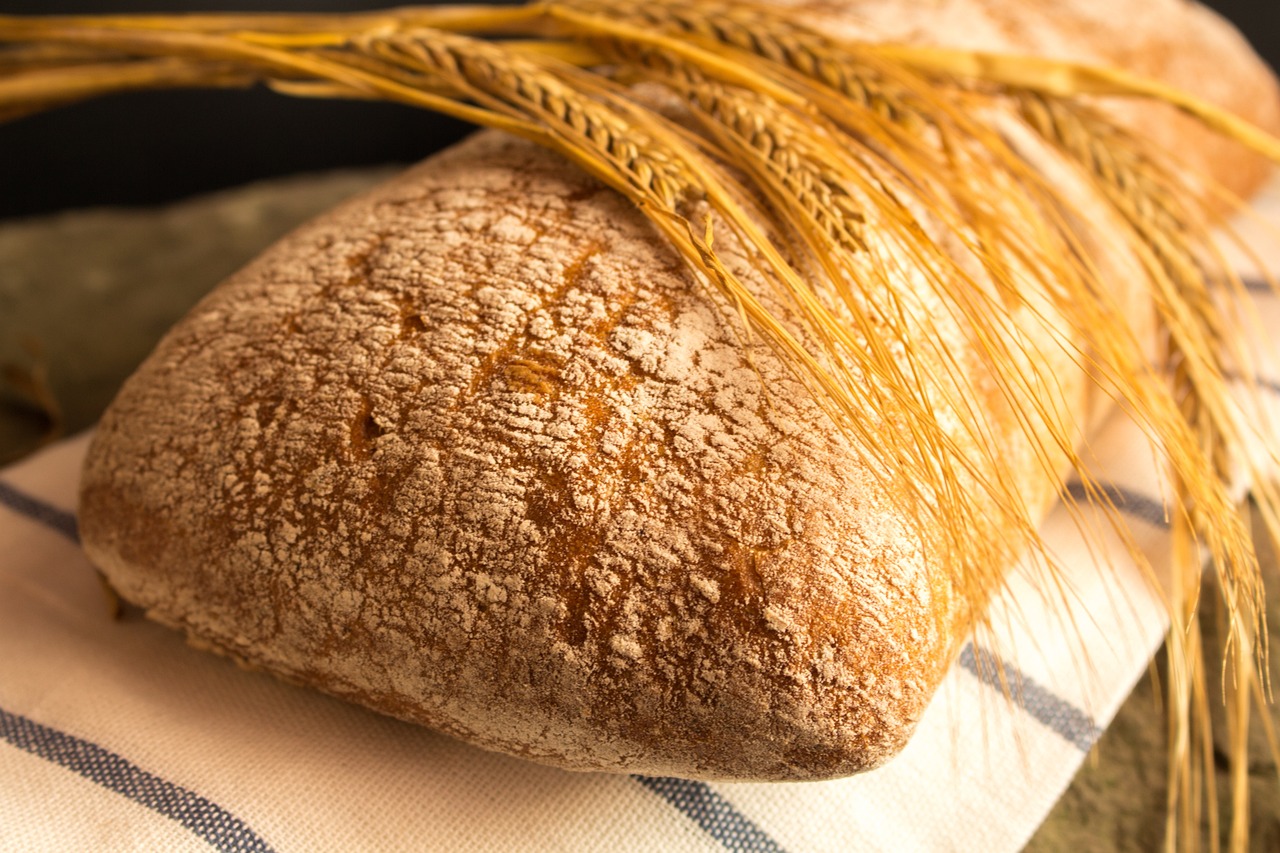
Origins of Songkran
Explore the history and significance of Songkran, Thailand's famous water festival, known for its vibrant celebrations and water fights that attract visitors from around the world.
The origins of Songkran date back to ancient times, originating from the traditional Thai New Year celebration. This festival is deeply rooted in Buddhist traditions, symbolizing purification and renewal. During Songkran, people engage in various activities to cleanse themselves of the past year's misfortunes and start fresh for the upcoming year.
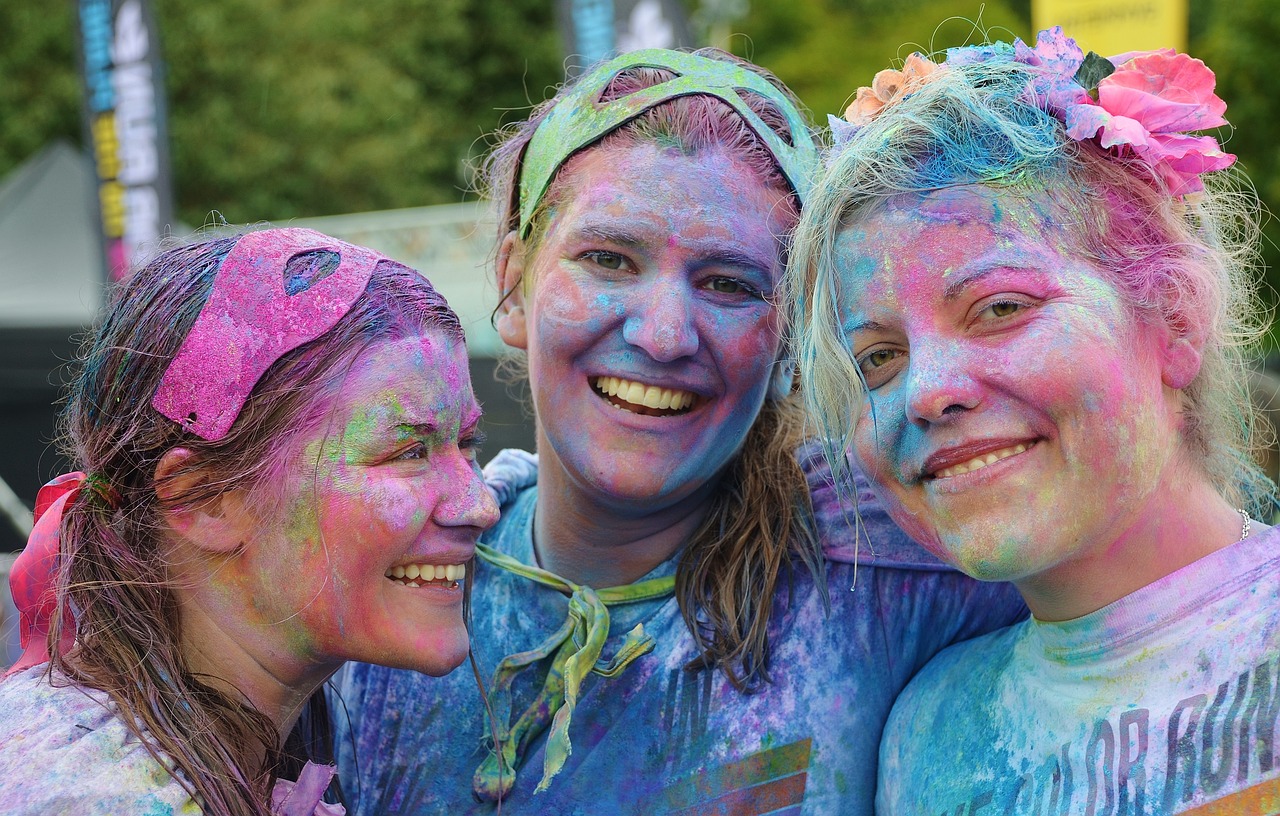
Celebratory Rituals
Songkran, Thailand's renowned water festival, is not only a time of joyous celebration but also a period of rich cultural significance. The celebratory rituals during Songkran are deeply rooted in Thai traditions, symbolizing purification, renewal, and the washing away of misfortunes from the past year. One of the most prominent rituals observed during Songkran is the pouring of scented water over Buddha statues as a gesture of respect and to receive blessings for the new year. This act of water pouring is believed to bring good luck and prosperity to those who participate.
Another important aspect of Songkran is the practice of making merit, where individuals engage in charitable activities such as offering food to monks and releasing birds or fish as a way to accumulate spiritual merit. This tradition reflects the Buddhist values of generosity and compassion, encouraging people to spread kindness and positivity during the festival. Additionally, the custom of splashing water on others, whether with water guns or buckets, is a playful and lighthearted way to express joy and unity among friends, family, and strangers alike.
As Songkran has evolved over the years, especially in urban areas like Bangkok and Chiang Mai, the water fights have become a central feature of the festival. Streets are transformed into lively battlegrounds where locals and tourists engage in friendly water battles, drenching each other from head to toe in a refreshing and exhilarating display of camaraderie. The festive atmosphere is contagious, with laughter and shouts of "Sawasdee Pee Mai!" (Happy New Year) echoing through the streets as people join in the watery revelry.
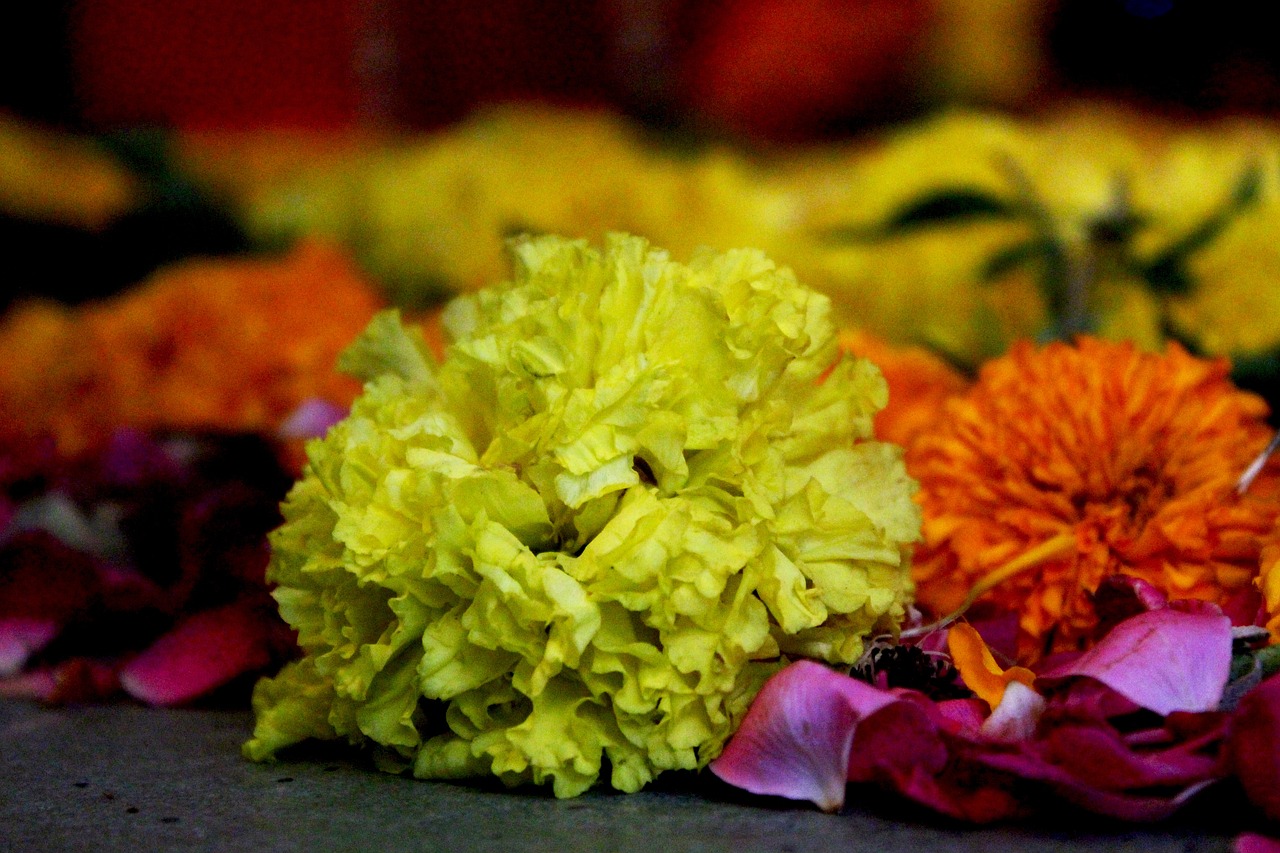
Modern-Day Festivities
Modern-day Songkran festivities have transformed from traditional rituals into a massive water fight that engulfs the entire country of Thailand. The streets come alive with the sound of laughter and splashing water as locals and tourists alike join in the spirited fun. It's a time when everyone, regardless of age or background, can let loose and enjoy the refreshing chaos of water battles under the scorching sun.
During Songkran, water guns, buckets, and hoses become the weapons of choice as participants engage in friendly skirmishes, dousing each other with water in a playful display of camaraderie. The joy of getting soaked from head to toe is a shared experience that fosters a sense of unity and community spirit, creating unforgettable memories for all involved.
Amidst the water fights, colorful parades and street performances add to the festive atmosphere, showcasing Thailand's rich cultural heritage and artistic traditions. Traditional music and dance performances captivate audiences, while elaborate costumes and decorations adorn the streets, transforming the urban landscape into a vibrant tapestry of colors and sounds.
Food stalls offering a variety of delicious Thai dishes line the streets, tempting revelers with aromatic flavors and exotic delicacies. The tantalizing aroma of grilled meats, spicy curries, and sweet desserts fills the air, enticing visitors to indulge in a culinary adventure amidst the revelry of Songkran.
As night falls, the celebrations continue with lively parties and events that extend well into the early hours of the morning. Clubs and bars pulsate with music and dancing, creating a dynamic nightlife scene that complements the daytime festivities, ensuring that the spirit of Songkran never wanes.
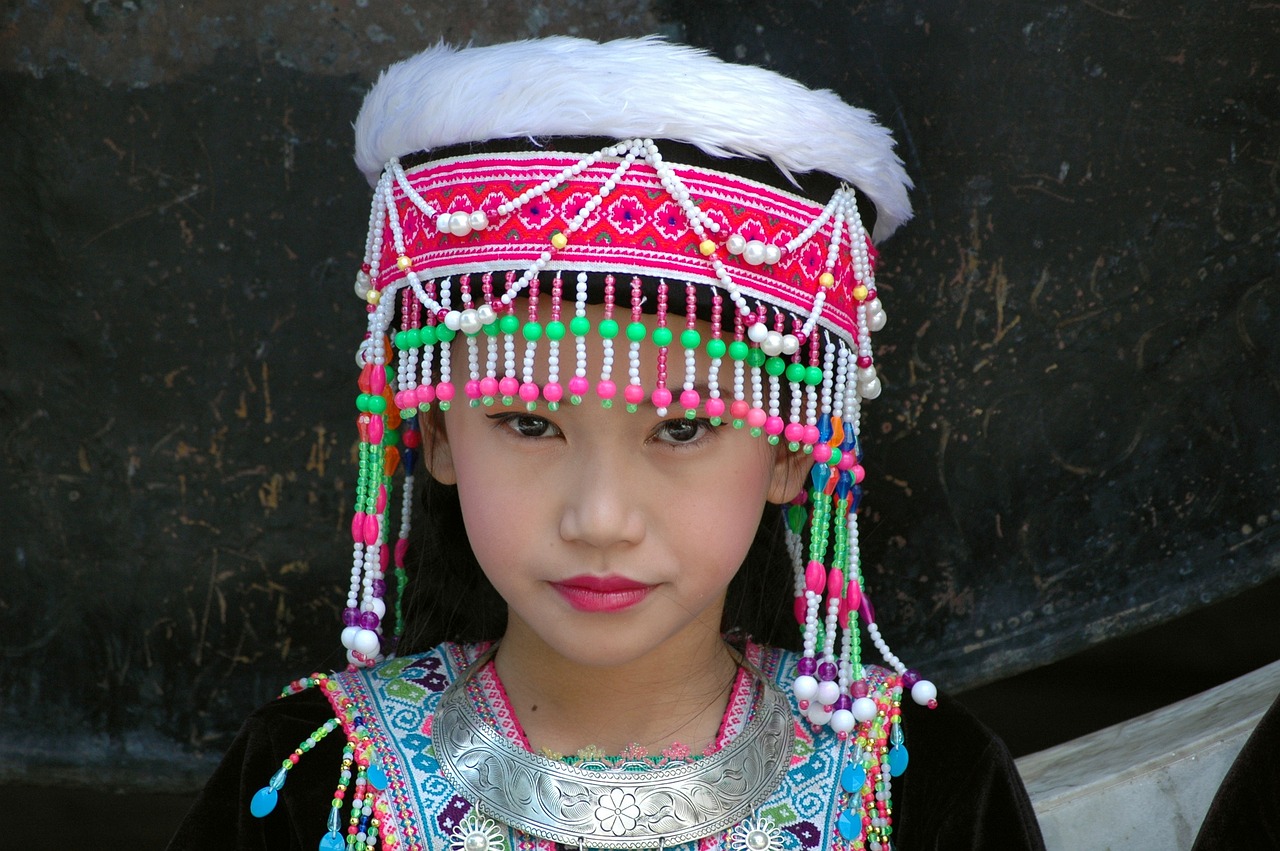
Regional Variations
When it comes to the celebration of Songkran, different regions in Thailand showcase their unique traditions and customs, adding a diverse flavor to the festival. In the northern region of Thailand, particularly in Chiang Mai, Songkran is celebrated with a more traditional touch, focusing on cultural performances and religious ceremonies. Locals engage in processions to temples, where they pay respects to Buddha statues and receive blessings from monks.
On the other hand, in the southern parts of Thailand, such as Phuket and Krabi, Songkran takes on a more festive and lively atmosphere. Here, the water fights are more intense and extravagant, with locals and tourists alike drenching each other with water guns and buckets. The streets transform into a vibrant playground filled with laughter and joy, creating a memorable experience for all participants.
Moreover, in the northeastern region of Thailand, known as Isaan, Songkran is celebrated with a focus on community spirit and unity. People gather in villages to partake in traditional games, cultural performances, and feasting on local delicacies. The emphasis is on fostering a sense of togetherness and sharing the joy of the festival with loved ones and neighbors.
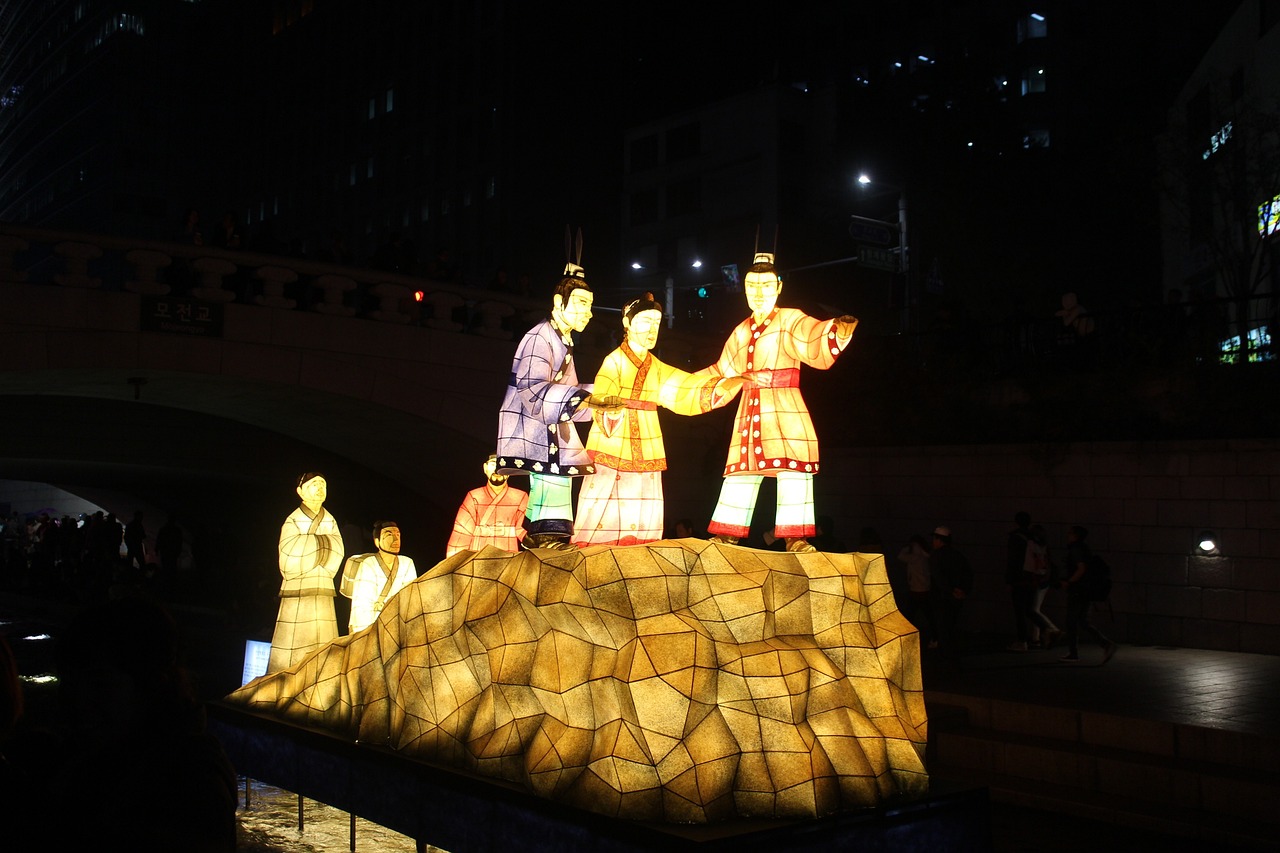
International Appeal
When it comes to the international appeal of Songkran, it's no surprise that this vibrant water festival has captured the hearts of people from all around the world. With its unique blend of tradition, fun, and community spirit, Songkran has become a must-visit event for travelers seeking an unforgettable cultural experience in Thailand.
Visitors are drawn to Songkran not only for the chance to participate in the world's largest water fight but also to immerse themselves in the rich tapestry of Thai culture and traditions. From the colorful parades to the lively street parties, Songkran offers a glimpse into the beauty and warmth of Thai hospitality.
One of the most appealing aspects of Songkran for international tourists is the opportunity to engage in a shared celebration with locals, breaking down cultural barriers through the universal language of water and laughter. Whether you're a first-time visitor or a seasoned Songkran veteran, the festival's inclusive and joyful atmosphere is sure to leave a lasting impression.
Moreover, the growing popularity of Songkran on the global stage has led to an increase in organized tours and travel packages specifically tailored to this iconic event. Tourists can now easily access information on the best places to celebrate Songkran, ensuring a seamless and enjoyable experience during their time in Thailand.
For many travelers, Songkran represents not just a festival but a transformative journey filled with new friendships, unforgettable memories, and a deeper appreciation for the beauty of Thai culture. The international appeal of Songkran continues to grow, making it a highlight on the bucket list of adventurous souls seeking a unique and immersive travel experience.
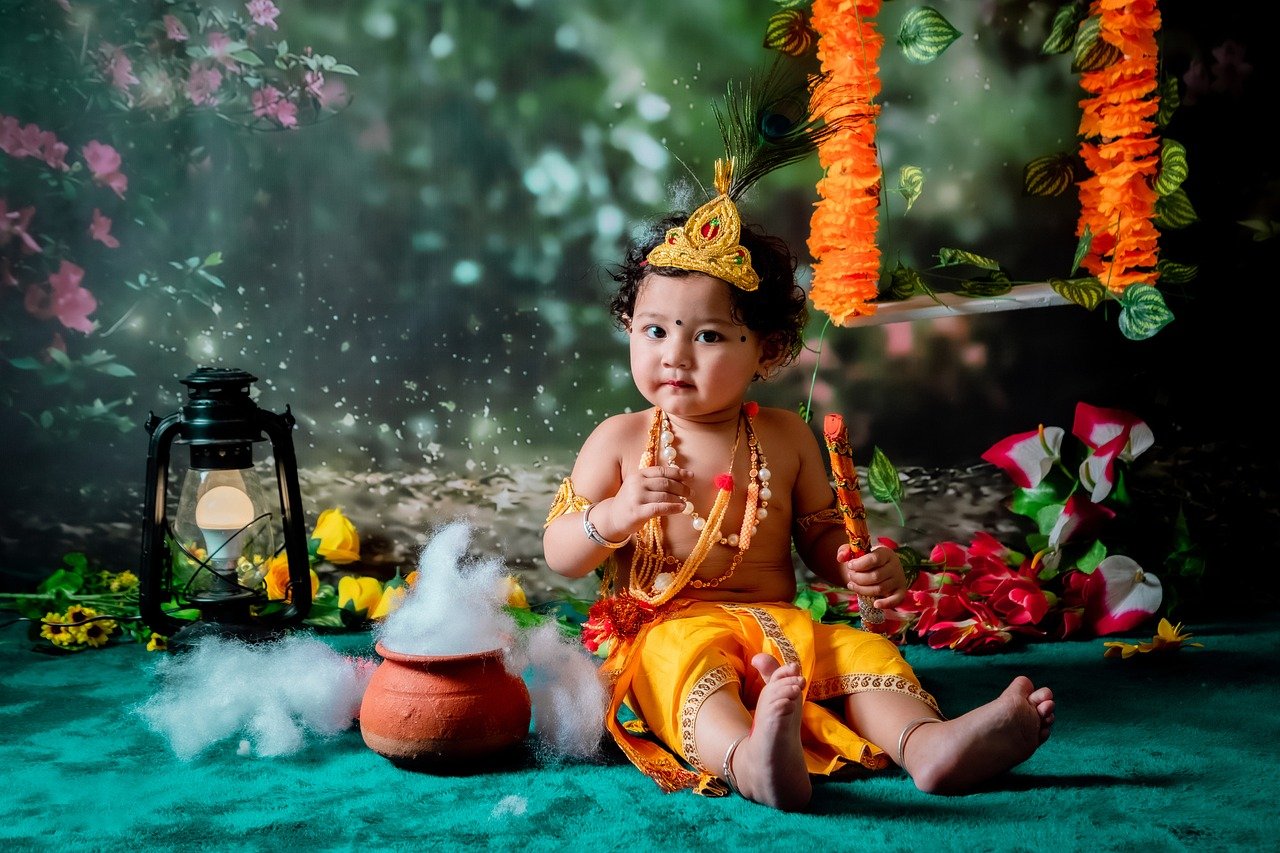
Safety Measures
Songkran, Thailand's renowned water festival, is a vibrant celebration known for its exuberant water fights that draw visitors from all corners of the globe. The event, steeped in tradition and cultural significance, offers a unique experience that blends ancient customs with modern revelry. As the world's largest water fight, Songkran is a spectacle that captivates the senses and immerses participants in a joyous atmosphere of renewal and camaraderie.
Originating from the traditional Thai New Year, Songkran holds deep roots in Buddhist practices, symbolizing purification and the washing away of sins. The festival's rituals are steeped in symbolism, with water pouring over Buddha statues signifying cleansing and merit-making activities fostering spiritual renewal. The act of splashing water on others during Songkran is believed to bring good luck and blessings for the year ahead, creating a sense of unity and goodwill among participants.
While maintaining its cultural essence, Songkran has transformed into a modern-day extravaganza, with the streets of Thailand turning into a massive water battleground during the festivities. Locals and tourists alike partake in friendly water fights, armed with water guns and buckets, creating a spectacle of laughter and joy that reverberates throughout the country.
Across different regions of Thailand, Songkran is celebrated with unique variations, blending cultural performances and religious ceremonies with the ubiquitous water splashing. From traditional processions to elaborate street parties, each locale adds its own flair to the festival, creating a tapestry of diverse celebrations that showcase the country's rich heritage.
With its growing international appeal, Songkran has become a must-visit event for travelers seeking a one-of-a-kind experience. The allure of joining in the water fights and witnessing the exuberant festivities has attracted a global audience, turning Songkran into a melting pot of cultures and traditions.
As the revelry ensues, safety measures play a crucial role in ensuring the well-being of participants and preventing accidents during the water-soaked celebrations. Organizers implement guidelines to promote responsible behavior and mitigate risks, emphasizing the importance of respecting boundaries and exercising caution amidst the spirited revelry.
Environmental concerns have also come to the forefront, with issues such as water wastage and pollution prompting initiatives aimed at promoting a more sustainable approach to the festival. Efforts to reduce the environmental impact of Songkran include water-saving measures and eco-friendly practices that seek to preserve the natural resources that sustain the festivities.
Looking ahead, the future of Songkran is poised at a crossroads, balancing tradition with modernization and adapting to evolving cultural dynamics. As the festival continues to evolve, it will be essential to preserve its essence while embracing change, ensuring that Songkran remains a cherished cultural heritage for generations to come.
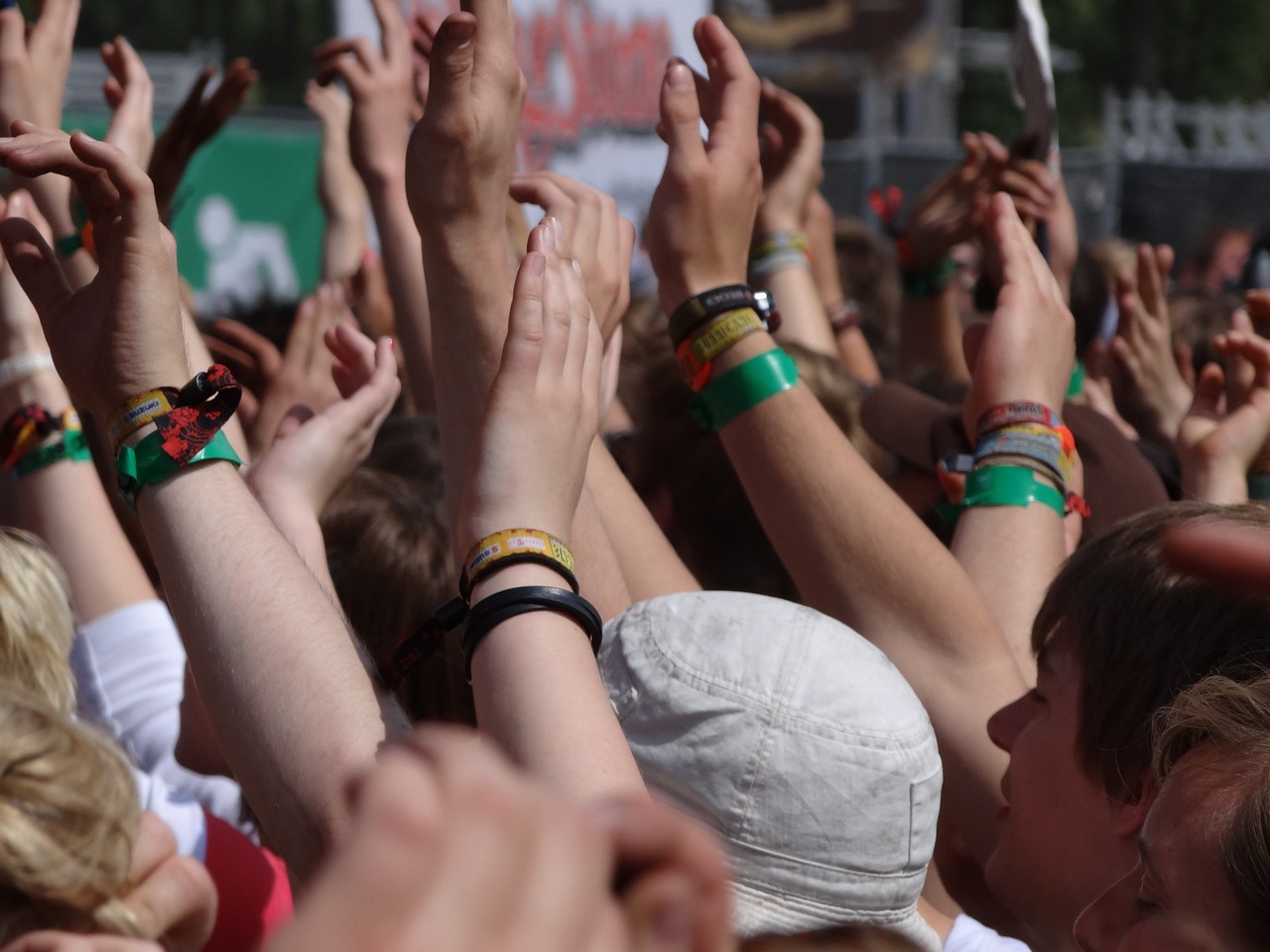
Environmental Impact
As the water splashes and laughter fill the air during Thailand's Songkran festival, there is also a concern lingering in the background - the festival's environmental impact. The exuberant water fights and festivities, while joyous, can lead to significant water wastage and pollution if not managed responsibly.
One of the primary environmental issues associated with Songkran is the massive amount of water used during the celebrations. Streets are drenched, buckets are emptied, and water guns are in full force, leading to a substantial consumption of water resources. This excessive water usage raises concerns about sustainability and responsible water management.
Moreover, the aftermath of the festival often sees the streets littered with plastic bags, bottles, and other waste materials. The combination of water and waste not only poses a sanitation issue but also contributes to pollution, especially in urban areas where the festival is most fervently celebrated.
To address these environmental challenges, various initiatives have been introduced to promote a more eco-friendly approach to Songkran. Some communities have started using recycled or treated water for the festivities, reducing the strain on freshwater sources. Additionally, campaigns promoting the use of biodegradable water guns and banning single-use plastics have gained traction to minimize the festival's environmental footprint.
Efforts are also being made to raise awareness among festival-goers about the importance of environmental conservation during Songkran. Educational programs, clean-up drives, and eco-friendly practices are being encouraged to instill a sense of responsibility towards the environment while partaking in the spirited celebrations.
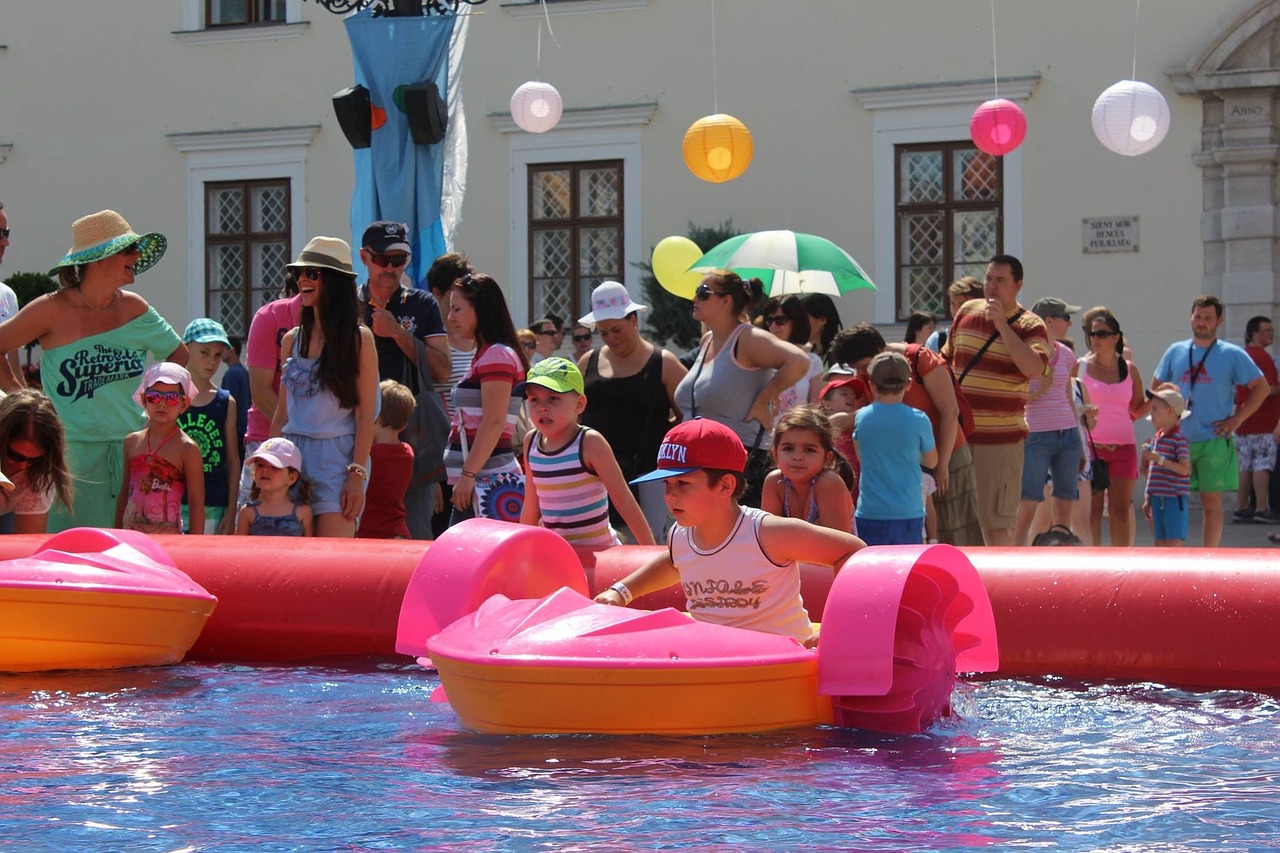
Future of Songkran
Songkran, Thailand's vibrant water festival, has a future as bright as the water-soaked celebrations it hosts. As modernization continues to influence cultural dynamics, Songkran is expected to evolve while preserving its traditional essence. The festival may adapt to changing times by incorporating more sustainable practices to address environmental concerns, such as water wastage and pollution. Initiatives promoting eco-friendly celebrations could become more prevalent, ensuring that Songkran remains a joyful occasion while minimizing its impact on the environment.
Frequently Asked Questions
- What is the significance of Songkran?
Songkran is a traditional Thai festival that marks the Thai New Year and is deeply rooted in Buddhist traditions. It symbolizes purification, renewal, and the washing away of sins and bad luck.
- How is Songkran celebrated?
Songkran is celebrated with various rituals and customs, including water pouring over Buddha statues for blessings, merit-making activities, and the playful splashing of water on others as a gesture of goodwill and cleansing.
- Why is Songkran known as the world's largest water fight?
Songkran has evolved into a massive water fight across Thailand, where locals and tourists engage in friendly water battles on the streets. The festive atmosphere and water-splashing activities have earned Songkran its reputation as the world's largest water fight.
- Are there regional variations in how Songkran is celebrated?
Yes, different regions in Thailand celebrate Songkran uniquely. Some areas emphasize cultural performances and religious ceremonies alongside water splashing, showcasing the diversity of traditions within the country.
- What safety measures are in place during Songkran?
During Songkran, safety precautions and guidelines are implemented to ensure the well-being of participants and prevent accidents. These measures include traffic regulations, designated water fight zones, and reminders to respect others' boundaries during the festivities.
- How can participants contribute to a more sustainable Songkran?
Participants can contribute to a more sustainable Songkran by using less water, avoiding single-use plastics, and supporting eco-friendly initiatives. By being mindful of the environmental impact of the festival, individuals can help promote a more sustainable approach to celebrating Songkran.


















